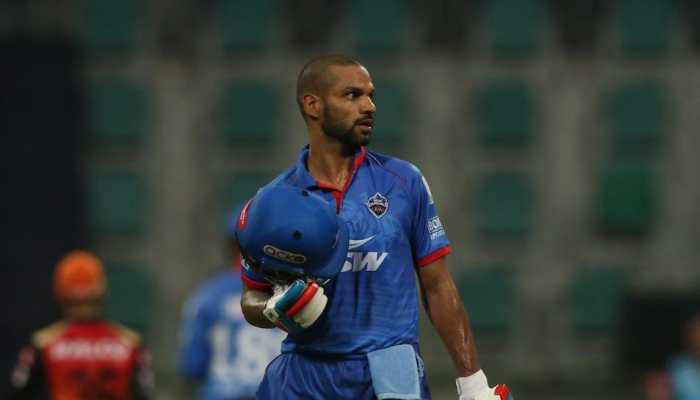Booster dose for senior citizens: All you need to know
Prime Minister Modi said that the precaution dose will be available for citizens above 60 years of age and with comorbidities.
- A medical certificate is mandatory for the third dose
- The certificate of comorbidity should be signed by any registered medical practitioner
Trending Photos
)
New Delhi: Prime Minister Narendra Modi on Saturday (December 25) announced the rollout of ‘precaution vaccine doses’ for specific groups like health & sanitation workers, doctors, and senior citizens with comorbidities.
In an address to the nation, the Prime Minister said that the precaution dose will be available for citizens above 60 years of age and with comorbidities on the advice of their doctor from January 10 next year as well. The prime minister used the term precaution dose and did not call it booster dose as it has been generally referred to.
Here's all you need to know about precautionary doses for senior citizens.
What document is required to get a precautionary dose for people aged 60 and above
A person aged 60 and above can get the precautionary dose of COVID-19 vaccine only if they have some comorbidities and will have to present a medical certificate for the same, Chief Executive Officer (CEO) of National Health Authority (NHA) Dr RS Sharma told ANI.
The certificate of comorbidity should be signed by any registered medical practitioner.
What is the process to get the precautionary vaccine doses?
According to Dr Sharma, the other process of vaccination will remain the same as before. All the details will be available in the CoWin App and those who have already got two doses can go with their Comorbidities certificate and get the third dose.
Dr Sharma added that the medical certificate can be uploaded on the app and beneficiaries can take even that along as a hard copy to the vaccination centre.
What will count as comorbidities for the third vaccination?
As per Dr Sharma, the same formula will be applied for the third dose as well as it did for the previous doses.
There are twenty medical comorbidities criteria including diabetes, kidney disease or on dialysis, cardiovascular diseases, stemcell transplant, cancer, cirrhosis, sickle cell disease, current prolonged use of steroids or immunosuppressant drugs, Muscular Dystrophy/ Acid attack with involvement of respiratory system/ Persons with disabilities having high support needs/ Multiple disabilities including deaf-blindness and Severe respiratory disease with hospitalizations in last two years, said Dr Sharma.
Stay informed on all the latest news, real-time breaking news updates, and follow all the important headlines in india news and world News on Zee News.
Live Tv







)
)
)
)
)
)
)
)
)
)
